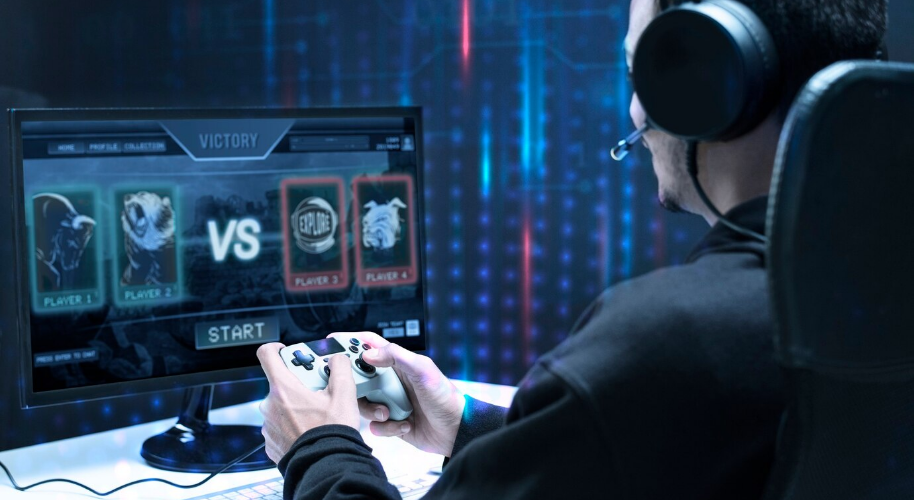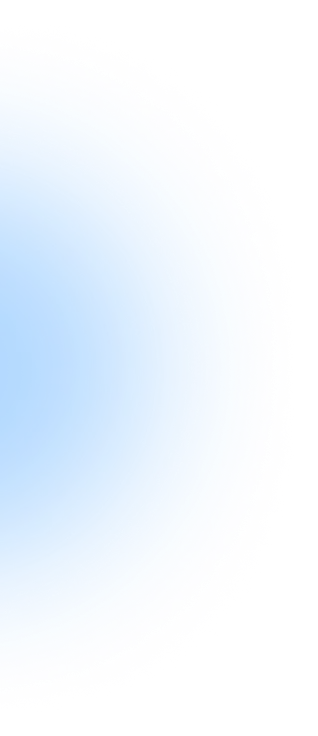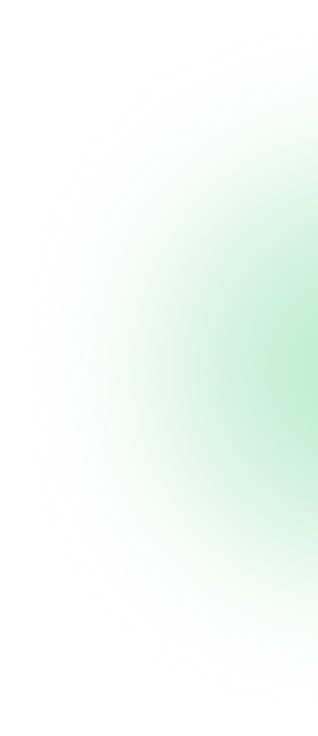-
Cross-Platform Compatibility:
Unity enables game designers to create games that can be played on various devices, including iOS, Android, and Windows.
-
2D and 3D graphics
A 3D engine and a 2D toolkit are included in Unity, enabling developers to produce high-quality 3D graphics and 2D games.
-
Visual Effects and Physics
A physics engine and an animation system are built into Unity, enabling developers to make physics simulations that are as accurate as possible.
-
Multiplayer Capabilities
With local and online multiplayer support, Unity makes it simple for developers to create multiplayer games.
-
Asset Storage Facility
To use pre-made assets, such as 3D models, animations, and sound effects in their games, developers can buy or download them from Unity's asset store.
-
User Interface
With Unity's robust UI system, developers can quickly and easily create and customize user interfaces for their games.
-
Support for AR and VR
With Unity, developers can easily create immersive experiences for mobile devices, including AR and VR applications.
-
Profiling and Debugging
Developers can optimize game performance and identify and fix bugs using Unity profiling and debugging tools.
Dev Technosys offers expert dedicated developers under a flexible Time and Material model to turn your vision into powerful, scalable digital solutions
Undoubtedly gaming platforms are gaining immense popularity these days. However, unity game development doesn't need any introduction to the game industry. Numerous games are gaining a massive user base in this market because of unity game development.
Approximately 50% of all mobile, PC and console games are developed using Unity. Therefore, Unity development is the best option for creating games! According to Grand View Research, a large portion of the $200 billion game industry is Unity 3D game development.
Over 60% of game developers choose Unity as their game engine of choice, according to Unity's 2021 Gaming Report. Unity has become the forefront of this VR revolution due to the rising importance of Virtual Reality (VR).
A majority of AR/VR content is powered by Unity development. If you're one of the people who wants to know all about unity game development, then this is it.
This guide will help you know almost everything about unity game development, from its features, development, cost, benefits and developers. So ensure to read this guide to avoid missing out on anything important.
Let's begin.
What is Unity Game Development?
Unity is a popular game engine that develops video games for various platforms, including PC, mobile, and console. Developers may easily construct and optimize their games with the help of the visual editor, programming tools, and other capabilities it offers.
Unity also supports various programming languages, including C# and UnityScript, and allows developers to use assets from other software, such as 3D models and animations. With Unity, developers can create 2D, 3D, AR, and VR experiences.
Features of Mobile Game Developed By Unity
Let's begin this guide by knowing some core features of unity games. In this section, we have built a small list of features which every Unity 3d game development covers.
Benefits of Unity Game Development
There are many benefits to using Unity for 3d game development. So if you want to know everything about unity game development, you must know its benefits. So let's go through some of the incredible advantages of utilizing Unity for game development.
-
Cross-Platform Compatibility
Unity game development enables game designers to create games that can be played on various devices, including iOS, Android, PC, and Mac, resulting in compatibility that increases user engagement.
-
Large Community and Asset Store
Unity game development has a sizable developer community and an extensive asset library with ready-made assets, scripts, and templates that can reduce development costs and time.
-
Strong 3D Engine
It is crucial to know that Unity game development is a good choice for developing high-quality 3D games because it has a strong 3D engine that can manage complex graphics and physics.
-
Easy to Use
Both new and scalable developers can use Unity development because of its user-friendly interface and simplicity of learning.
-
Monetization Options
With Unity, developers can access various revenue-generating options, such as in-app purchases, advertisements, and subscriptions.
-
VR and AR Support
Unity enables developers to create immersive and interactive user experiences by supporting VR and AR development.
Crucial Stages of Unity Game Development
If you want to know about Unity Game Development, this is the golden chance. The most awaited moment for people looking for Unity Game Development. In this section, we have built a step-by-step guide to Unity Game Development which you must read.
-
Planning and Conceptualization
Planning and concept development is the initial phase of NFT game development. The game concept is established at this stage, and the whole game design is designed. The target market, game mechanics, and features are all included.
Additionally, it entails producing a game design document (GDD) that details the game's goals, plot, characters, settings, and other crucial components. Artificial intelligence is being developed to have a clear idea of the finished product and ensure that the game can be developed.
-
Asset Creation
Asset Creation is the second stage of Unity game development. All of the game's audiovisual assets are developed during this stage. In this stage, you must hire blockchain development services and get all the rest of the development tasks done. It entails producing sound effects, animations, and 3D models and textures. These resources will be used to build the game's world and give it life.
Additionally, the assets must be imported into Unity and set up to function properly within the game engine at this phase of NFT game development. In this stage, your hired mobile app development company will develop and prepare your unity game using all of the game's necessary assets.
-
Implementation
Implementation is the third stage of the Unity game development process. The game is programmed, and the assets are incorporated during this stage. In this stage, the developers will write scripts to manage the game's interactions, mechanics, and behavior.
The development team must also implement the game's user interface, menus, and other aspects. The game world is constructed in this step by integrating the assets created in the previous stage.
In this phase, the game must also be tested to ensure smooth operation, and any discovered flaws or faults must be fixed. This phase's objective is to provide a finished game prepared for testing and debugging.
-
Testing and Debugging
Testing and debugging is the fourth stage of the Unity game development process. The game is rigorously examined for bugs and mistakes at this stage. It involves evaluating the game's functionality, stability, and platform compatibility with the development company.
It also includes testing the game's user interface, mechanics, and features to ensure they function properly and adhere to the design guidelines.
The game is then retested until it is judged ready for release after any bugs discovered during testing have been resolved. This phase's objective is to confirm that the game is operational and prepared for deployment.
-
Deployment
Deployment is the fifth stage of the Unity game development process. The game is completed and made available to the general audience. It entails producing the game's final build, publishing it on various platforms, and making and submitting it to different app stores.
In this artificial intelligence development phase, the game must also be promoted to draw players, and post-release upgrades and support must be developed. Additionally, the game is watched for problems, and user comments are considered for upcoming upgrades.
This phase aims to make the game accessible to the general public and ensure that its target market receives it.
Top Mobile Game Development By Unity
Let's go through top mobile game development developed by Unity to enhance your learning on unity game development. First, here's the list of many popular games that have been built using Unity, including:
-
Pokemon Go
Pokemon Go is a mobile game created by Niantic using the Unity development engine. The game uses augmented reality technology to let players catch virtual Pokemon in real places. Additionally, players can engage in battles and trade Pokemon. After being released in 2016, the game quickly gained popularity.
-
Angry Birds 2
The Unity game engine created Rovio Entertainment's mobile game Angry Birds 2. It is a follow-up to the well-known game Angry Birds, in which players launch birds at buildings with a slingshot to take down pigs. The game includes new levels, birds with special abilities, and gameplay elements like boss battles and spells.
-
Monument Valley
The "two games "gaming app development studio used the Unity game engine to create the mobile game "Monument Valley." Players in this puzzle game manipulate the environment to lead a princess through impassable architecture and to the completion of each level. The game's aesthetic has been praised for its beauty and simplicity; it draws heavily from the work of M.C. Escher.
-
Team
The game development studio Crema used the Unity game engine to create the massively multiplayer online role-playing game (MMORPG) Temtem. The Airborne Archipelago, where the various Temtem creatures live, is the setting for the game.
As Temtem tamers, the players must capture and train various Temtem to engage in combat with other trainers. With the addition of synchronous multiplayer features, players can communicate with and engage in real-time combat with one another.
-
Super Mario Run
A mobile game called Super Mario Run was created and released by Nintendo in association with Unity Technologies. The video game stars Mario, the recognizable figure from the Mario series of video games is a side-scrolling, auto-running platformer.
The player controls Mario as he moves automatically through the levels, avoiding hazards and killing enemies. In December 2016, Super Mario Run was first made available for iOS devices and later for Android.
How to Hire a Unity Game Developer?
When hiring a Unity game developer, it's important to look for someone with experience in the specific areas of cross-platform game development that you need help with. Some key skills to look for in a Unity game developer include the following:
-
Experience With Unity
Hire a game developer familiar with using the Unity game engine and aware of its strengths and weaknesses.
-
Programming Excellence
Look for a developer fluent in C# and has experience with object-oriented programming since C# is the main programming language used by Unity.
-
Experience in Game Development
Hire game developers with experience in all phases of game creation, including design, development, testing, and deployment.
-
A Solid Portfolio
To obtain a sense of the developer's expertise and experience, request to see their portfolio of prior Unity game development work.
-
Powerful Communication Abilities
Look for dedicated developers who can collaborate well with others and speak well.
You can locate Unity game app development through job boards, online communities, and developer-focused social media sites. Another option is to work with a cross-platform development company to hire a Unity game developer.
How Much Does It Cost To Develop a Unity Game?
The complexity of the game development, the number of features, the size of the Android app development company, and the length of the production cycle are just a few of the variables that can dramatically affect the cost of creating a Unity game.
A straightforward 2D mobile game with a quick development cycle and a small android game app development company can be made for between $10,000 and $50,000. Costs can go up from $50,000 for more complex 3D games with a larger development team and a longer production cycle.
A Unity game's development cost should consider post-launch expenses like continuous upkeep and updates. Additionally, it would help if you accounted for marketing and advertising expenses to commercialize your game. It's also important to note that costs may differ based on the development team's location.
Ultimately, speaking with a developer or metaverse development service and giving them specific details about your project is the best method to obtain a more precise estimate of the cost of building a Unity game.
How Can Dev Technosys Help You?
Dev Technosys is an application development company that specializes in creating cutting-edge online apps for small and large corporations across various industries. The primary goal of our team is to create web-based applications that become simple to be used, straightforward to manage, and in line with organisational objectives.
Dev Technosys has decades of experience implementing cutting-edge technologies on various technological frameworks, including JavaScript, jQuery, AngularJS, Ruby on Rails, PHP, HTML5, etc.
We are a Web/Mobile App Development Company with over ten years of expertise in the IT sector and are ISO 9001:2015 approved. Considering their project requirements, we have assisted several startups, mid-level companies, and global brands. Our professional team prioritizes durability, privacy, and sustainability when developing a project.
Our services include the following features:
-
A Talented Development, Web Development, And Project Management Team.
-
Non Disclosure Contract (NDA)
-
Dependable Data Security And Privacy Mechanisms
-
Improved Project Management With Cutting-Edge Tools
-
Most Recent Technology & Stack Development
-
After-Release Assistance Maintenance Services For Apps
With A Tonne More.
In that case, you can discuss hiring blockchain development services with us. Based on your requirements, we can provide you with a cost estimation.

















